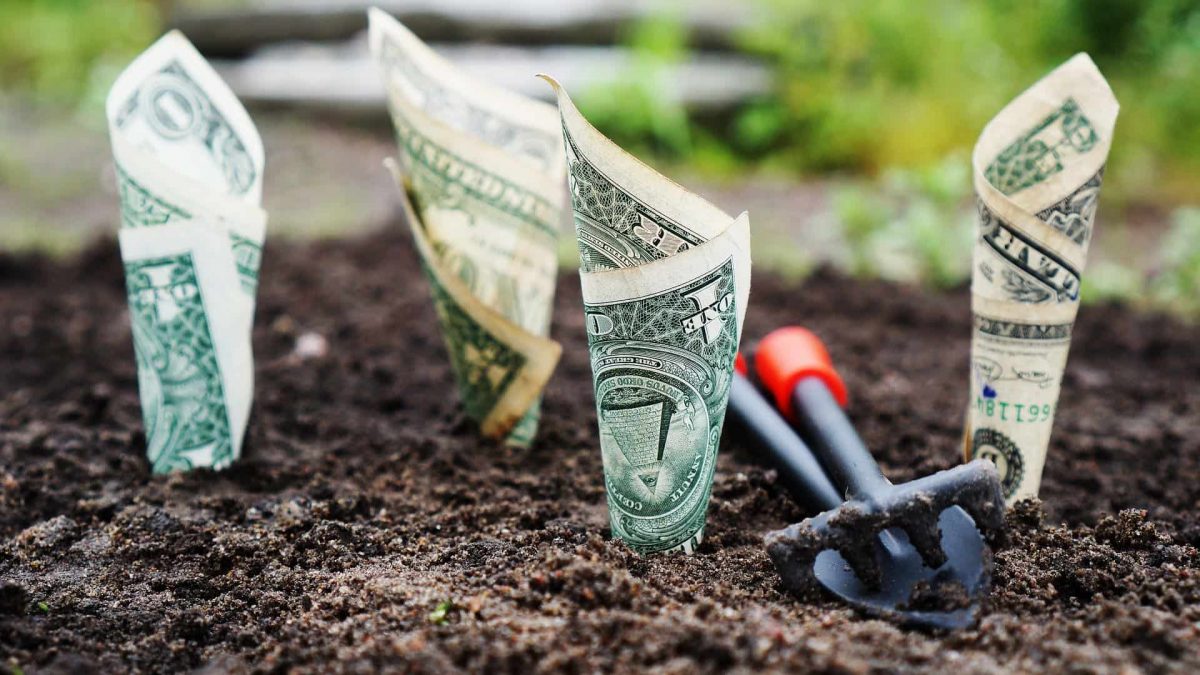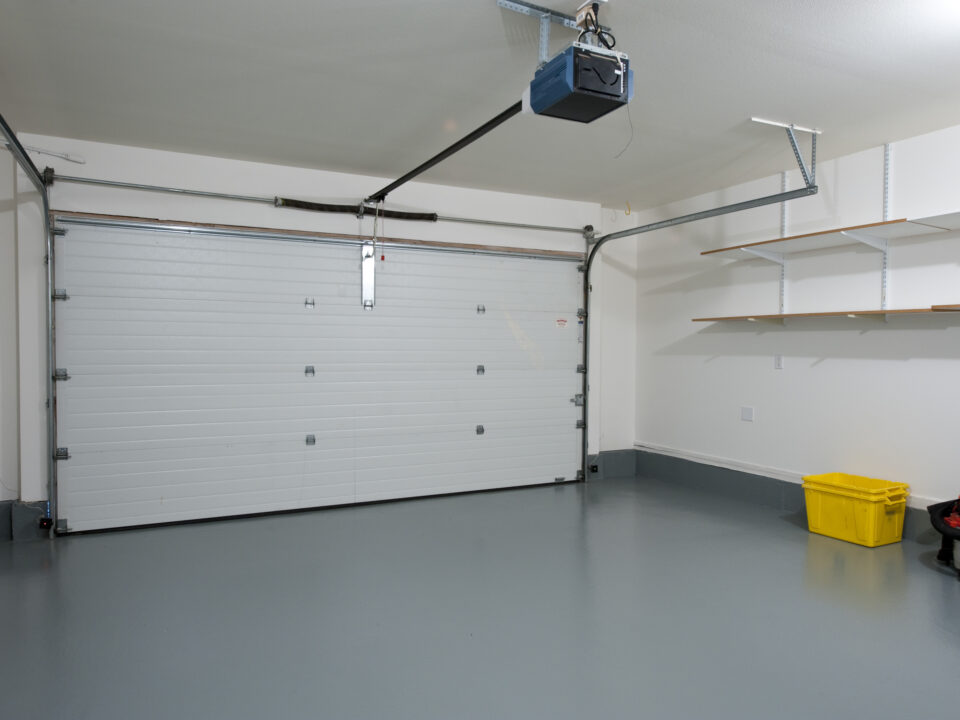
saving for a house
Saving for a house can seem daunting, and feel like an overwhelming task. For most young people it can seem like it is forever out of reach, but that doesn’t mean it actually is. You can own home by setting up a plan and sticking to it. Use our guide as a starting point when saving for a home.
Down Payment (determining what you need at what is right for you)
When saving for a house there are a couple of things you need to understand.
- How big your down payment should be
- What you can actually afford
- How long it will take you to save
- The life of your mortgage
When it comes to a down payment, you need to know how much you can afford monthly. Your mortgage payment should only cover up to 25% of your take-home pay. Multiply .25 by monthly take-home pay. This will give you an idea on the MAX you can afford. This does not mean you should aim for this amount. You need to be honest with your finances and make sure you can consistently afford this. In addition, you need to know how much you plan to save for a down payment. Do you plan on saving 20%, 15%, 10%? There are pros and cons to saving more depending on the loan you qualify for.
For instance, if you save up 20% of the cost of a home and choose a 15-year mortgage at a fixed interest rate, you will pay more each month. However, you will pay off your home faster, spend less money in the long run, and free up cash in the future to contribute, and not pay renters insurance. Every Dollar has a good write-up on the benefits of a 15-year mortgage.
Yet, that may not be the best decision for everyone. For first time buyers and others that want to buy a home with a smaller deposit, you can apply for FHA loans that require only 3.5% for a down payment. This may be the best choice for you if it will free up cash and you want to start building equity, or you have moderate credit. These mortgages are often for 30 years and can be the best way for some people to attain the American dream. Buying a starter home this way may be the right choice for you if you are tired of paying rent. Except, you will most likely have to pay private mortgage insurance which will cost you more money in the long term. And you will also pay more as the life of the loan is much longer, although it can still be a low, fixed interest rate.
Cut the unnecessary
The most obvious way to start saving for a house is to cut out the least important expenses you have. That may mean cutting an expensive clothing subscription box or cutting back on going out to eat. Most importantly, you want to create as much cash flow to your savings as possible. Doing small, or rather large cuts in some cases, can help speed savings along much more quickly. Remember $40 split over twelve months is $480. Multiply that by three years and you get $1,440. A small habit such as that can build and make a difference over time. Working toward the goal of saving for a home is not easy, but it can be done!
How to save faster
Saving for a house faster may cause you to make sacrifices with your time and energy, but it can pay off. In short, here are a couple of easy ways to save:
- Set up automatic payments to a savings account
You can save quicker and easier by already having that money set aside. Most banks allow for you to have this feature and it can be easy to set up. Saving for a house also may mean that you need a separate savings account at a separate bank so you won’t touch the money. If you feel tempted to use that money try setting up CDs (certificates of deposit). CDs have set deposit amounts and timeframes on which you have to contribute to that CD. If you touch the money beforehand or fail to make a deposit you will have to pay a penalty. Shop around and find one that works for you.
- Open a high-interest savings account
Most of the time these are online banks. This helps you in two ways. First, the bank is online and therefore doesn’t have the same cost of a traditional bank, which allows them to pay higher interest on your savings account. Secondly, without physical branches, it will take more time than just going to a branch location to get your money. You won’t be tempted to take out the money you are saving for a house. Your money will grow interest year after year with the more money you put in and the longer you let it sit there. It’s simple, quick, and an efficient way to save more money. Nerdwallet has an updated list of the best online savings accounts you can have when saving for a house.
- Get a side job or pay down debt
Getting a side job is going to increase your monthly income, but you will have to sacrifice your time and energy. Just put your money toward your savings. You could also get a side hustle to pay down debt, which will allow you more cash to be directed to your down payment. Many people don’t get a second job, but just focus on paying off debt to free up more income.
A Home is an asset
When saving for a house and after purchasing one, remember that this is a large purchase. Although it may be your dream home, that doesn’t mean it may be the wisest financial decision. Make sure that this investment is going to increase in value, and that you can use it to put yourself in a better situation. So you can save for other things and maybe get into other rental property. Know clearly what your must-haves are and don’t overspend.
Thinking about buying a home, but don’t know where to start? MWT Realty has the realtors to make your dream become a reality. Contact us today and we will help find a home that’s the right fit for you.




